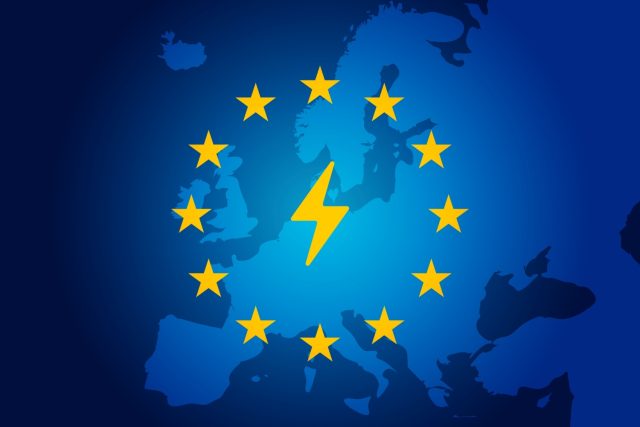
A new boost from RepowerEU in the short term: green light to add a new chapter to member states’ national plans. “While Europe is turning its back on Russian gas, #REPowerEU is our plan to secure a clean energy future,” EU Commission President Ursula von der Leyen said in a tweet, hailing the agreement closed recently by the co-legislators . Von der Leyen speaks of a plan to be presented in January that is simple, fast and targets the entire value chain of strategic green sectors. This, according to her, is the vision behind the agreement reached by the EU Council and the European Parliament to allow countries to add additional resources to National Recovery and Resilience Plans. High energy prices and the increasingly indispensable independence from Russian gas, according to the EU chief executive, require an acceleration in the green transition and a future projection that also includes more structural interventions such as the creation of a European Green Sovereign Wealth Fund.
The agreement between the two European political bodies was signed on the night of December 13-14, the co-legislators also shared ‘Supporting Affordable Energy’ (Safe) measures under the cohesion policy to cushion the impact of high energy prices, and as announced by Elisa Ferreira, EU Commissioner for Cohesion, the 2021-2027 plans will also complement support for RepowerEU by financing long-term investments in renewable energy, energy efficiency and smart grids. The agreement will also support European companies and SMEs struggling with high energy prices, which will benefit from direct aid from the possibility for member states to recover up to 10 percent of the 2014-2020 structural funds.
Member states will have the option of integrating a new REPowerEU chapter into their national recovery and resilience plans under NextGenerationEU, so as to finance key investments and reforms that will help achieve REPowerEU goals.
The total amount that will fund the plan touches nearly 300 billion euros. Part of the grants will come from the possibility given to governments to divert up to 26.9 billion euros from cohesion funds and up to 7.5 billion euros from the Common Agricultural Policy (CAP). The criterion for resource allocation will be governed by a formula that takes into account “cohesion policy, member states’ dependence on fossil fuels and rising investment prices , in line with the Council’s position.”
A Europe leading in green technologies and independent of Russia
REPowerEU is the result of the new geopolitical and global energy market reality that has forced the EU Commission to find solutions to achieve a concrete acceleration towards clean forms of energy and sustainable conditions of energy independence that would allow Europe to no longer have to be under the condition of depending on agreements with unreliable suppliers. REPower EU envisions both these energy independence measures and processes to accelerate the green transition and European energy self-sufficiency based on clean energy production.
The strong impetus, even behind the ‘provisional agreement mentioned above, is the need for the EU on the political level to maintain its leadership in the green transition by adjusting investments to the new critical issues that have occurred since the Russian invasion of Ukraine and on the strategic level to achieve an accomplished independence of the Union from fossil fuel supplies from Russia.
“I am very pleased that the Czech presidency is now delivering on one of our key promises: to end the EU’s dependence on Russia’s fossil fuels and pave the way for a radical overhaul of the Union’s energy sector. REPowerEU will enable us to finance the necessary investments and reforms.” Zbyněk Stanjura, finance minister of the Czech Republic, said, expressing his satisfaction with the agreement reached. The text agreed by the representatives of the co-legislators will now undergo the mandatory passage of approval by the EU Council and the European Parliament before being submitted to the formal adoption procedure.



 Subscribe
Subscribe